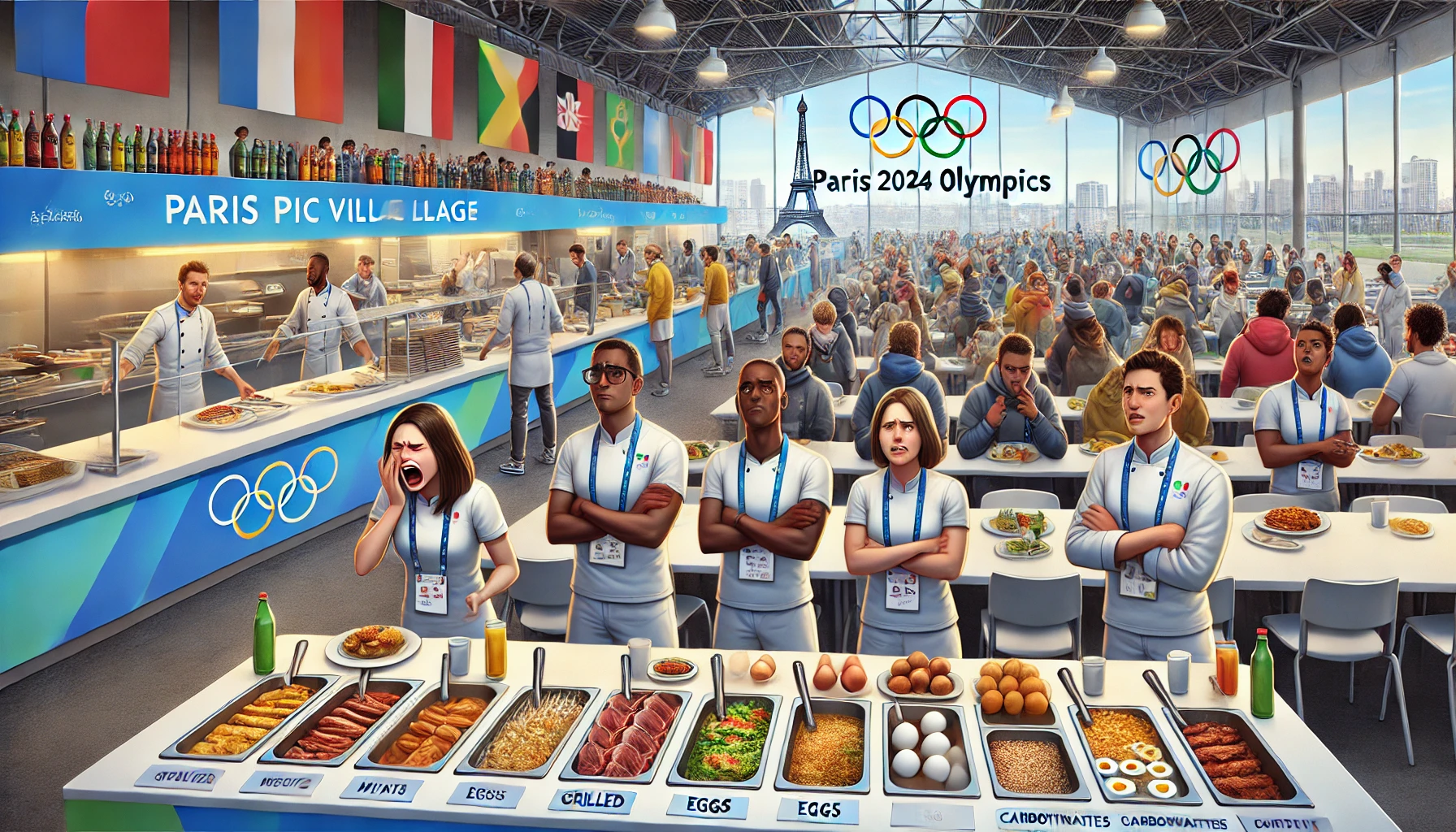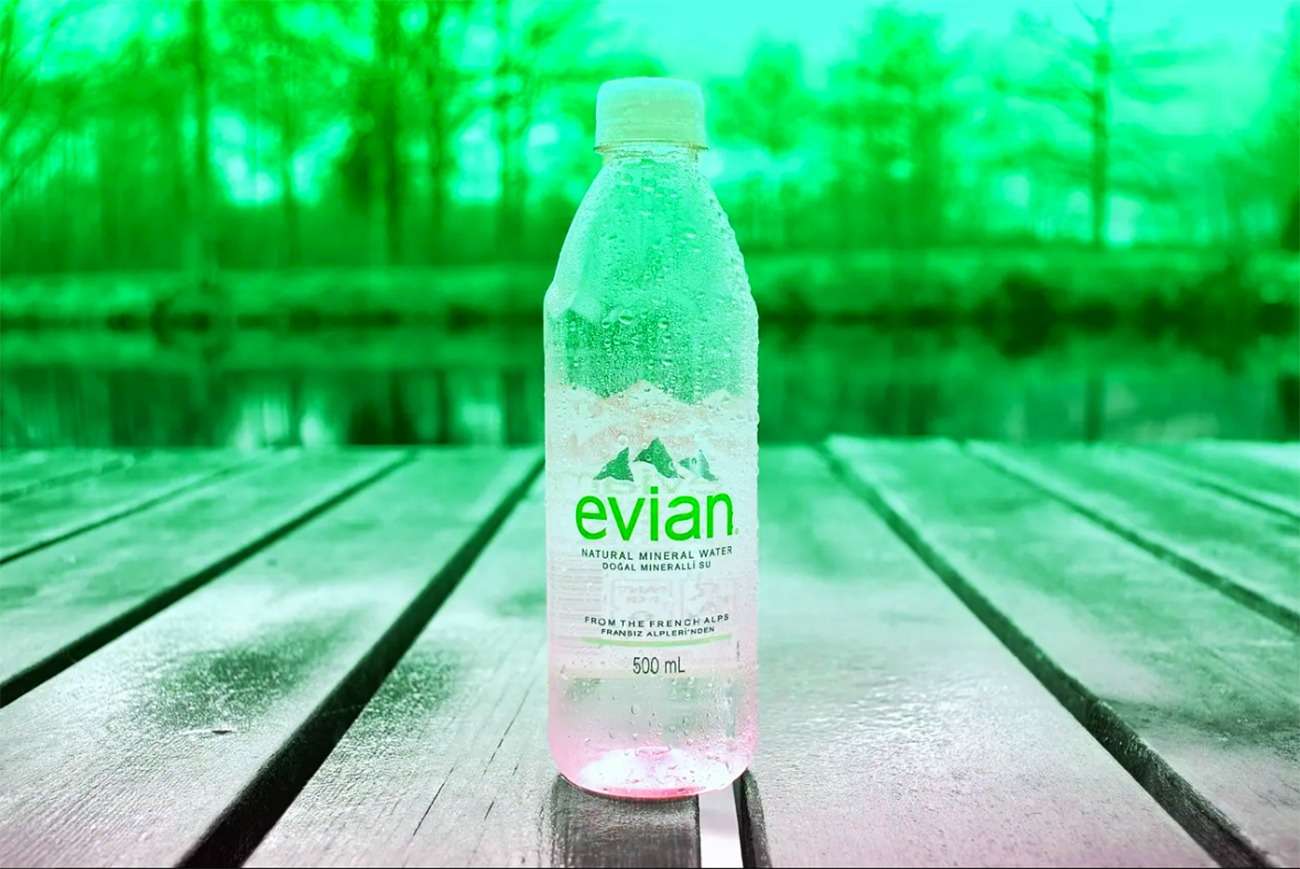Food Issues Plaguing Athletes at the Paris 2024 Olympics
Introduction
The Paris 2024 Olympics, one of the most anticipated global sporting events, has already encountered a significant issue even before its opening ceremony. Reports have surfaced about the subpar food quality and availability at the Olympic Village, causing concern among athletes and officials alike. This article delves into the various food-related problems faced by athletes, the response from the food providers, and the broader implications of these issues.
Insufficient Food Supply and Quality
Inadequate Quantities and Raw Meat
The food at the Olympic Village has not met the expected standards, as highlighted by the British Olympic Association chief executive Andy Anson. According to Anson, there have been insufficient quantities of essential foods such as chicken, eggs, and carbohydrates, with some meat being served raw. This situation has caused significant distress among athletes who rely on a balanced and nutritious diet to maintain their performance levels.
Athlete Testimonies
Athletes have voiced their concerns, emphasizing the lack of sufficient food. An anonymous British athlete mentioned the challenge of obtaining even basic items like chicken during peak times. The shift towards more plant-based options, while environmentally conscious, has not been enough to satisfy the dietary needs of many competitors.
Sodexo Live’s Response
Sodexo Live, the official food provider for the 2024 Games, has acknowledged these shortcomings and promised improvements. A spokesperson for the company stated that they take the complaints seriously and are working to increase food supplies in the athletes’ village. Despite these assurances, the situation has not yet shown significant improvement, leaving many athletes and officials frustrated.
Sustainability and Its Challenges
Focus on Sustainability
One of the key reasons behind the food issues appears to be the increased focus on sustainability. The Paris 2024 Olympics aimed to be more environmentally friendly, with a significant portion of the food being plant-based. This move, while commendable for its environmental goals, has not aligned well with the dietary needs of all athletes, particularly those requiring high protein intake.
Sourcing and Carbon Footprint
The strict quality charter developed for the Paris Olympics aimed to halve the carbon footprint of meals compared to the London 2012 Olympics. This charter dictated that a quarter of all ingredients would be sourced within a 250km radius of Paris, and 20% would be certified organic. While these measures are beneficial for the environment, they have posed logistical challenges in meeting the high demand for certain food items.
Broader Controversies and Issues
Other Controversies
The food issues are just one of several problems emerging from the Paris Olympics. Other controversies include the removal of the Canadian women’s soccer team’s head coach following allegations of spying on a New Zealand practice and concerns about the cleanliness of the Seine River for long-distance swimming competitions. Additionally, some American swimmers have expressed doubts about the thoroughness of performance-enhancing drug assessments.
Impact on Athletes’ Performance
The inadequate food supply and quality have the potential to impact athletes’ performance significantly. Proper nutrition is crucial for athletes to maintain their energy levels and recover from intense physical activity. The ongoing food issues could hinder their ability to compete at their best, raising concerns about the fairness and integrity of the competition.
The Scale of the Challenge
Feeding Thousands of Athletes
Feeding approximately 15,000 international athletes from 208 territories and nations, along with their support teams, officials, and volunteers, is a monumental task. The Olympic Village is expected to serve around 13 million meals during the Olympic and Paralympic Games, equivalent to the food provided at ten football World Cups.
Diverse Culinary Offerings
Athletes have access to six main dining areas offering a variety of cuisines, including French, Asian, Afro-Caribbean, and world cuisine, with 500 different recipes catering to diverse tastes. Despite this variety, the issues of quantity and quality persist, highlighting the complexity of catering to such a large and diverse group of individuals.
Future Improvements and Expectations
Increased Supplies
In response to the complaints, Sodexo Live and its partners, including the Carrefour group, which supplies fresh products, have committed to increasing the volumes of high-demand items like grilled meats and eggs. This adjustment is expected to alleviate some of the shortages experienced by the athletes.
Long-term Solutions
While immediate improvements are necessary, long-term solutions should also be considered to prevent similar issues in future Olympic Games. This includes better planning and coordination between food providers and Olympic committees to ensure that the dietary needs of all athletes are met without compromising on sustainability goals.
Conclusion
The food issues at the Paris 2024 Olympics have highlighted the challenges of balancing sustainability with the nutritional needs of elite athletes. While efforts to improve the situation are underway, the initial shortcomings have already caused significant concern. Moving forward, it is essential to find a balance that ensures athletes receive the necessary nutrition while maintaining environmentally conscious practices. The lessons learned from these challenges will be crucial for the success of future international sporting events.



